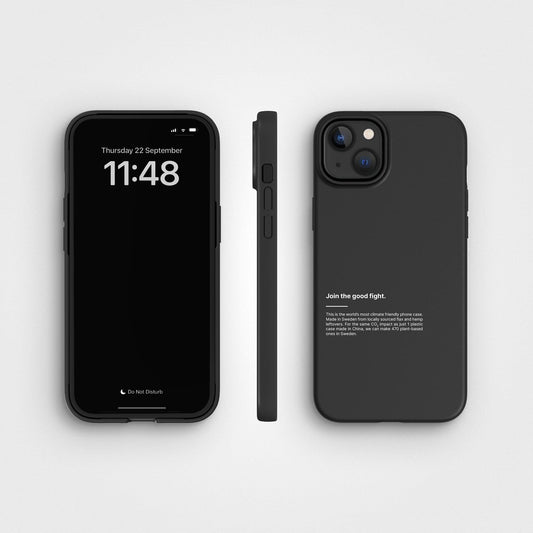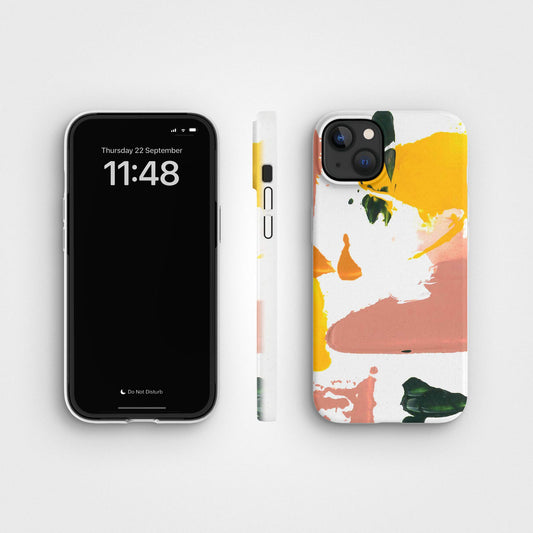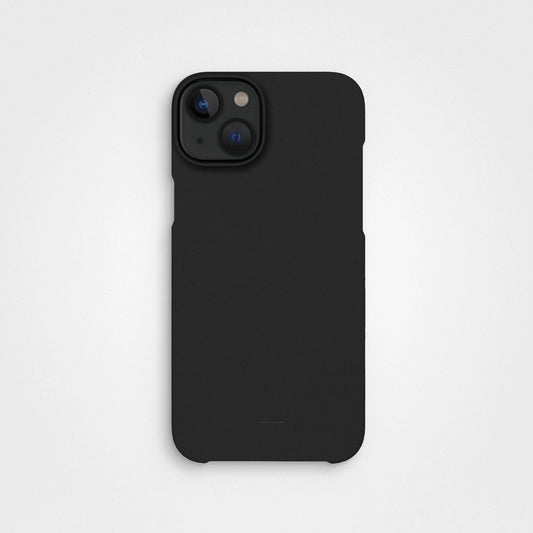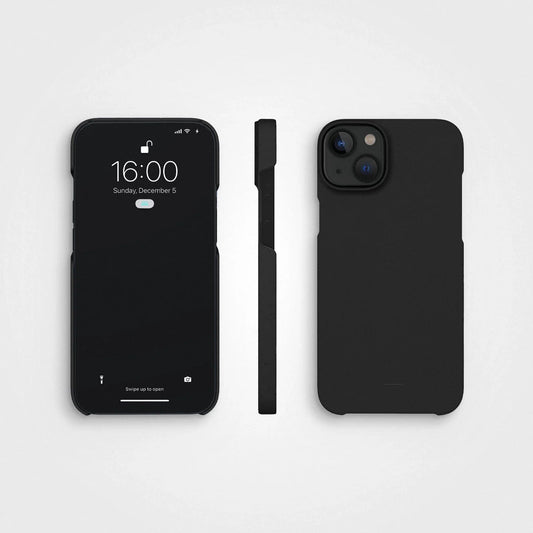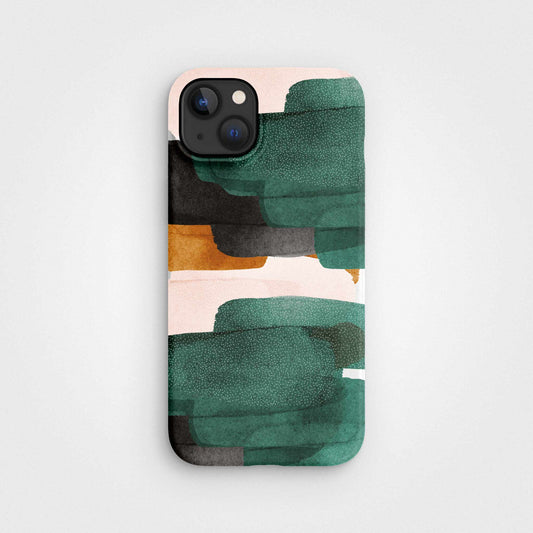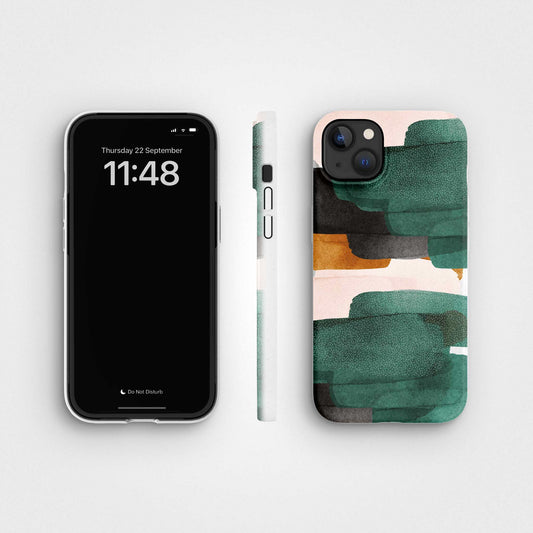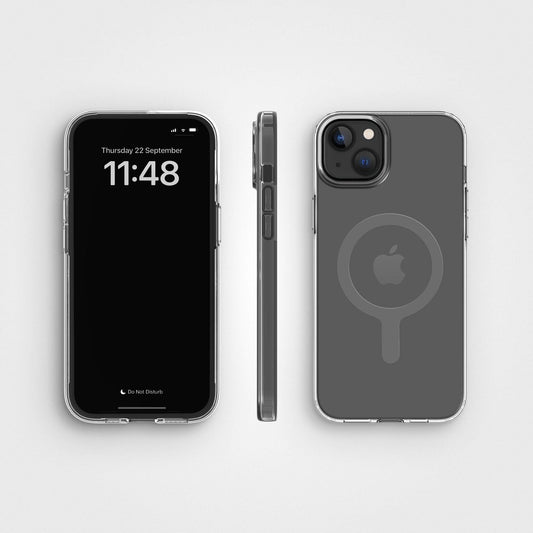In this candid interview with Martin Nihlgård, the Secretary General of IM Swedish Development partner, we explore what it is like to be at the front of a development agency and we deep dive into his thoughts on social inclusion and the story behind IM:s Humanium Metal.
A very warm welcome to A Good Community, Martin! You’ve been working for IM, IM Swedish Development Partner for five years, and have been Secretary General for more than a year now. Where did your engagement within these issues begin?
I would say that anti-racism and the desegregation of different groups and communities are the roots of my engagement. It is something I have worked in a great deal, in particular with the dialogue between Christians, Jews and Muslims in Sweden.
Looking into my childhood, there are certain memories that really left a mark. I vividly remember watching a series, ‘The Holocaust’, as an 8-year old. I think I was the only person in my entire class who was allowed to watch it. My parents and I would watch it together and after each episode, we would have discussions about it. It left a very strong impression on me; I couldn’t grasp how we could have let such a thing happen. These questions have been with me ever since.

Could you tell us a little bit about what IM's work looks like on a global spectrum?
Globally, we have two overriding goals: to build a democratic and an equal world. These are very far-stretching plans, so to break it down, we focus on four strategic areas. For building equality, the first is social inclusion. This can be everything from supporting disabled children in Moldova to be integrated into the regular education system or working with immigrants in Sweden to find a social network in order to be culturally and socially integrated.
The second is economical inclusion, which refers to the right to a livelihood. This, for example, can be offering micro-loans to women in Malawi, through our partner organisations, allowing them to start their own business and financially support themselves and their families.

On the democratic front, we work with strengthening the civil society, supporting organisations to give a voice for those who don’t have one. We also work politically, for a free civil society, which is where we are facing the biggest challenges as of now with authoritarian tendencies emerging around the world.
In which parts of the world do you primarily work with these four strategic areas?
We consistently try to have an overview of where we are needed the most. Once the work we’ve done has given results, we try to prioritize which area of the world we should work with next. Currently, we are active in five regions globally: Central America, Southern Africa, South Asia, Europe and the Middle East. We apply our four strategic areas to 15 countries across these five regions, our primary focus groups being women and young people.
We found that making a change through these groups is beneficial to a much larger number of people.

Why is working with women and young people, in particular, a great tool to strengthen the overall civil society of a country?
Women’s organisations are always the most vulnerable, and even in regular organisations women who raise their voice are always under greater threat than men. Greta Thunberg is actually a clear example of this. Had she been a boy, she wouldn’t even have received half the amount of hate she is receiving right now. Had she on the other hand been a Muslim woman, the hate would have been unbearable.
Statistics have also proven that the aid and support given to women can reach a larger number of people. We have seen that when given to women, this aid is used to bring education to as many children as possible, whereas when it has been given to men, the support has been used for private consumption.

Working with young people is equally important and effective. Naturally, due to the fact that these people are the leaders of the future. However, also due to the fact that young people are a huge target group for extremist organisations such as IS, the Nordic Resistance Movement and so on. We work to be a counterforce and give them the opportunity to choose a different path.
If we take a look at a traditional family in these countries, is it difficult to make sure that this aid, in fact, reaches the women and young people of the household, and not the men?
Our role from the very start is to find the right partners to work with, which are often organisations led by women or who support women. The kind of support that these organisations offer are often microloans.
Together, we work within three different areas to ensure that this aid stays in the rightful hands. The first is to empower the individual woman to have a voice at home and in their relationship, and to own the right to decide over their own economy.

The second area focuses on mobilisation - giving women a context where she is offered support within this, such as a group of women in similar situations. Finally, we work institutionally to change the legislative system. This is where true change lies.
What is it like, working with such issues daily?
We do work with very hard issues, and when we begin to see progress in one place, there’s a whole new conflict somewhere else. But my experience in all of this is immediately put into perspective when I meet the people living through and experiencing these issues first-hand. These encounters have really given me a perspective on how privileged I am as a white, middle-class man living in Sweden. If these people can face such challenges every single day, then it is without a doubt my responsibility to use this privilege to help them in every way that I can.
“In times of strong political conflict, we have the greatest opportunity to come together and fight negativity.”

What I’ve also experienced through my years of work with IM, is that in times of strong political conflict we have the greatest opportunity to come together and fight negativity.
We noticed this when the immigration rate in Sweden reached its peak, where the immense amount of hatred on the internet was completely overruled by supportive organisations and groups, which led to an increase in engagement. We can also see this today—the harsher the atmosphere, the more people want to take a stand. Sometimes, this tipping point is what leads to great change.
You recently started a collaboration with us at A Good Company and IMs Humanium Metal. Why did you start Humanium Metal?

IM has worked with civil society in El Salvador for over thirty years. For us and our local partners, it is obvious how violence and illegal weapons can cripple entire communities, and how illegal firearms are undermining sustainable and democratic development.
Humanium Metal is transforming illegal seized firearms from governmental weapons destruction programmes in regions affected by armed violence into non-lethal commodities for peace. The income generated with Humanium Metal is re-invested into communities affected by gun violence, aiming to break the vicious cycle of violence and poverty. Through the initiative of the private sector, right-holders, civil society, consumers and governments are connected in a virtuous cycle for peace and security.

El Salvador is a country heavily affected by civilian gun violence and access to weapons, and eradicating these weapons is incredibly challenging. Our project with Humanium Metal is an initiative not only to properly remove these weapons from civil society but also to create a long-term change.
Humanium Metal was created as an innovation within IM together with our local partner organizations. In the pilot phase we are conducting in El Salvador, we have converted metal from four weapons destruction to Humanium Metal. We have created partnerships with civil society, companies, NGOs and authorities. Through this partner ecosystem, we have been able to create products that generate funding for peacebuilding activities for youths, programs for survivors of gun violence, working with toxic masculinities and global awareness.
Now, we are a stage, when we want to carry out the Humanium Metal to more countries, to achieve more impact.
Can you tell us more about the reason behind choosing to work with El Salvador?
El Salvador is one of the world's most dangerous countries that is not in an armed conflict. We have worked with youths, women, and people with disabilities in El Salvador for over thirty years and have seen closely how the increase in armed violence and the availability of illegal weapons are forcing people into poverty.
We came to a point where we understood that if we can create a culture of peace and create the conditions for a less violent society, then we will also be able to contribute more effectively to sustainable democratic development for people and the country as a whole. But it does not stop here.
What we’ve got is a multi-stakeholder partnership that could develop a lot of countries.
We know that the United Nations were very enthusiastic about this project? Can you tell us more about how you are collaborating?

We have been partnering with the UN in different ways. This December Humanium Metal became a part of the Permanent UN Disarmament Exhibition in New York, hopefully, we can add the Good Humanium Metal Pen to the exhibition when the world starts to open up. We also work with UNDP as a leveraged partner and different UN bodies.
When it comes to environmental sustainability, how do you work with this on a personal level?
This is an important issue for me personally. I find it very meaningful to support other initiatives and fight hatred on social media. We have so many young activists to listen to. My three teenagers have encouraged me to completely stop eating meat for the sake of the environment, and I changed my diet after realizing there was no good argument behind continuing to eat meat. It really is possible to make a change, and it is our responsibility as adults of an older generation to listen to and empower young leaders.

A Good Humanium Metal Pen and IM are supporting the following organizations:
- Fundación Red de Sobrevivientes y Personas con Discapacidad
- FESPAD – Fundación de Estudios para la Aplicación de Derecho

If you're curious to learn more about IM's work, you can check out their website.


